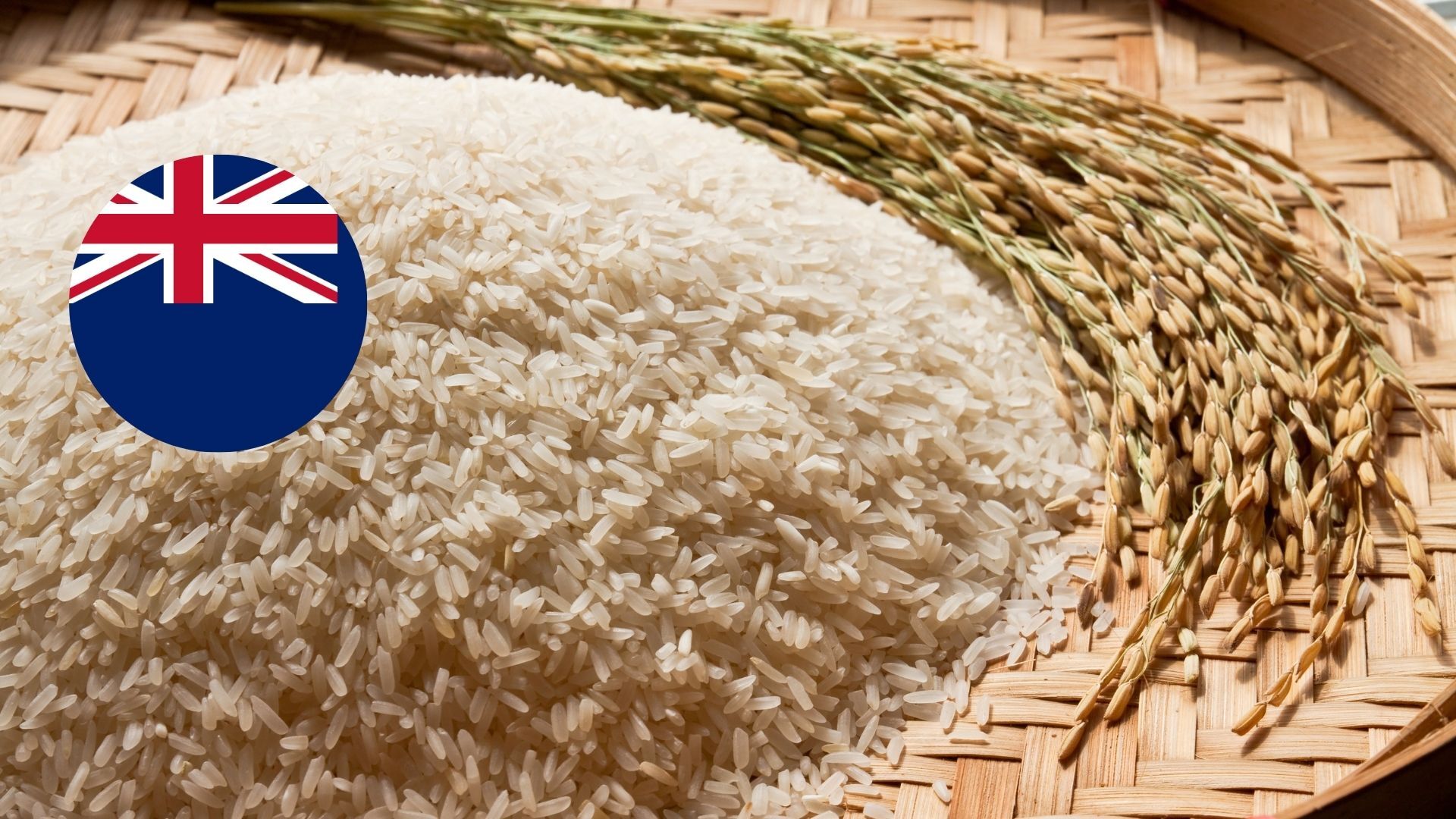Politics
New Zealand Court Dismisses India’s Bid for Basmati Rice Protection

In a significant setback for India, the New Zealand High Court has rejected an appeal from the Agricultural and Processed Food Products Export Development Authority (APEDA) regarding the certification of Indian basmati rice. The ruling, made public on October 30, 2023, upholds an earlier decision by the Intellectual Property Office of New Zealand (IPONZ), which denied APEDA’s application for a certification trade mark.
APEDA, responsible for implementing the Geographical Indication (GI) tag for basmati rice in India, submitted its application in February 2019. Despite five years of effort, the Assistant Commissioner for Trademarks denied the application, citing New Zealand’s Trade Marks Act of 2002. This legislation prohibits the registration of the term ‘Basmati’ as a certification mark due to its geographical significance, which extends to both India and Pakistan.
The New Zealand High Court emphasized that granting exclusive certification to India would unduly restrict Pakistani basmati producers from accessing the New Zealand market. In its decision, the court referenced a ruling from December 2022 by Australia’s Registrar of Trade Marks, which stated that the term “Basmati” fails to distinguish rice certified by APEDA from genuine basmati rice produced outside India.
APEDA’s attempts to introduce two safeguard “refinements” aimed at protecting Pakistan’s genuine producers were deemed insufficient by the High Court. The court pointed out that these adjustments did not resolve the fundamental contradiction within APEDA’s application.
India’s challenges in securing international protection for its basmati rice do not end there. The Kenyan Court of Appeal recently upheld a ruling from April 2017, dismissing APEDA’s opposition to the registration of trademarks containing the word “Basmati” by Kenya-based Krish Commodities. This case dates back to 2009, when Krish Commodities applied for the trademarks. The Kenyan Registrar of Trademarks initially rejected APEDA’s opposition in May 2013, a decision that has now been reaffirmed by the Court of Appeal.
The Kenyan bench concluded that basmati rice does not enjoy formal registration or recognition in the country, leaving APEDA without sufficient legal grounds to claim exclusive rights. Furthermore, the court found no evidence that the trademarks applied for by Krish Commodities were misleading under Kenyan law.
These two rulings have sparked concern within the international GI community. Experts note that APEDA has not secured a single GI registration for Indian basmati rice outside of India, despite the rice being granted GI status domestically in 2016. Calls for an independent review of APEDA’s handling of these cases over the past nine years have emerged, with industry experts emphasizing the need for a more comprehensive approach to GI issues.
Chandrasekaran, the author of “Basmati Rice: The Natural History of Geographical Indication,” stresses that India’s strategy must evolve beyond traditional definitions that are often seen as Euro-centric. He advocates aligning GI claims with India’s civilizational context and the global standards of “reputation and origin.”
Both the New Zealand and Kenyan courts have effectively dismissed APEDA’s attempts to secure international protection under the Trade-Related Aspects of Intellectual Property Rights (TRIPS) agreement. This signals a challenging future for India as it strives to protect the identity of its basmati rice on a global scale. The road ahead appears daunting, and the need for strategic reassessment is evident as India navigates the complex landscape of international trade and intellectual property rights.
-

 Sports2 months ago
Sports2 months agoNetball New Zealand Stands Down Dame Noeline Taurua for Series
-

 Entertainment2 months ago
Entertainment2 months agoTributes Pour In for Lachlan Rofe, Reality Star, Dead at 47
-

 Entertainment1 month ago
Entertainment1 month agoNew ‘Maverick’ Chaser Joins Beat the Chasers Season Finale
-

 Sports2 weeks ago
Sports2 weeks agoEli Katoa Rushed to Hospital After Sideline Incident During Match
-

 Sports2 months ago
Sports2 months agoSilver Ferns Legend Laura Langman Criticizes Team’s Attitude
-

 Politics1 month ago
Politics1 month agoNetball NZ Calls for Respect Amid Dame Taurua’s Standoff
-

 Sports1 week ago
Sports1 week agoJamie Melham Triumphs Over Husband Ben in Melbourne Cup Victory
-

 Entertainment3 months ago
Entertainment3 months agoKhloe Kardashian Embraces Innovative Stem Cell Therapy in Mexico
-

 World3 months ago
World3 months agoPolice Arrest Multiple Individuals During Funeral for Zain Taikato-Fox
-

 Sports3 months ago
Sports3 months agoGaël Monfils Set to Defend ASB Classic Title in January 2026
-

 Entertainment2 months ago
Entertainment2 months agoTyson Fury’s Daughter Venezuela Gets Engaged at Birthday Bash
-

 Sports2 months ago
Sports2 months agoHeather McMahan Steps Down as Ryder Cup Host After Controversy




















